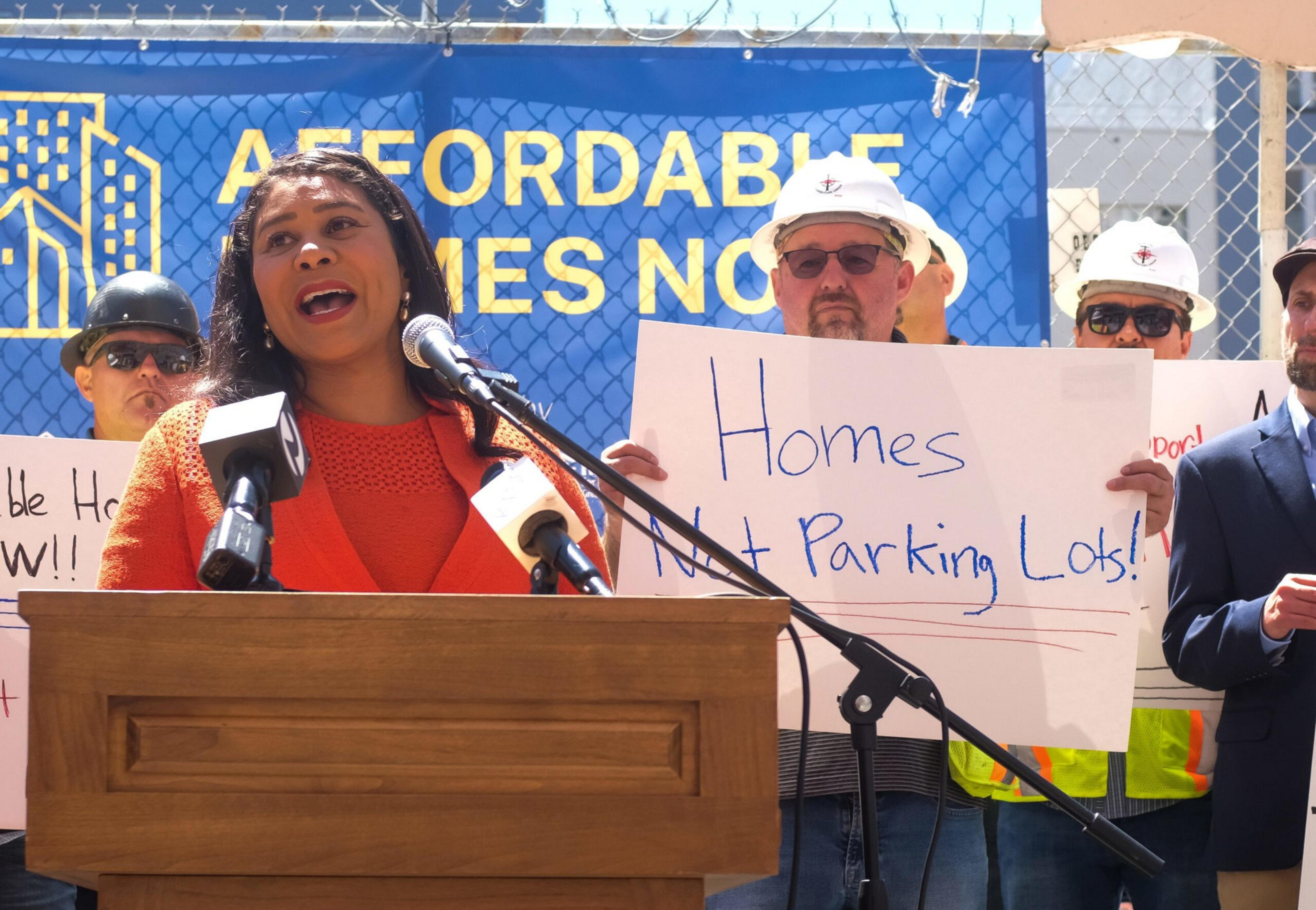In San Francisco, even affordable housing can be unaffordable to those who most need it. Of the 66,000 extremely low-income households in the city, the Department of Disability and Aging Services estimates that roughly 80% spend more than a third of their income on rent.
To reduce that burden, voters approved Proposition G, which creates a program paid for by the city’s general fund that would help cover the difference between what qualified residents can afford to pay in rent and what is charged by their landlords.
The fund would only be available to extremely low-income households earning up to 35% of the area median income ($36,700 for a single person) and would be managed by the Mayor’s Office of Housing and Community Development. Eligible disabled residents only have to earn up to 25% of area median income to qualify.
According to the City Controller’s Office, the fund would receive between $161 million and $222 million over 20 years and would subsidize roughly 550 to 600 units in the city. The fund can also draw from other revenue streams such as special taxes.
“Given the lack of viable alternatives, cities and other local government agencies are the final bulwarks in the fight to end homelessness,” the San Francisco Bay Area Planning and Urban Research Association wrote in its endorsement, which also criticized federal and state governments for reducing funding for housing and social services.
Supporters of the new fund included the Council of Community Housing Organizations, Bayview Senior Services, Compass Family Services, Community Youth Center of San Francisco, Mission Housing, and the San Francisco Tenants Union.
Proponents argue that seniors, families, and people with disabilities are particularly vulnerable to displacement in San Francisco, and the program prevents homelessness, which is costlier to address.
Meanwhile, moderate political groups like GrowSF and TogetherSF opposed the measure on the basis it would do little to broadly address housing affordability or bring rents down.

With Prop. G’s passage, San Francisco will have to contribute at least $4 million to the fund starting in fiscal year 2026-27, and at least $8.25 million in each subsequent year, but only up to $14 million.
In years with a projected budget deficit higher than $250 million, the law would allow the city to reduce its contributions. Prop. G also includes what is known as a “sunset clause,” which states that the fund would end in 2046 unless voters reauthorize it.

This is not the first rental assistance program of its kind. The Board of Supervisors also launched the Senior Operating Subsidy Program (opens in new tab), which started with $5 million in 2019 and received a one-time investment of $52 million from the state, meant to cover the period between 2019 and 2024.
That program was initially piloted to seniors age 62 or older in two specific housing complexes developed by the Mayor’s Office of Housing and Community Devellopment before expanding to all qualified seniors leasing new construction units in the office’s developments.
